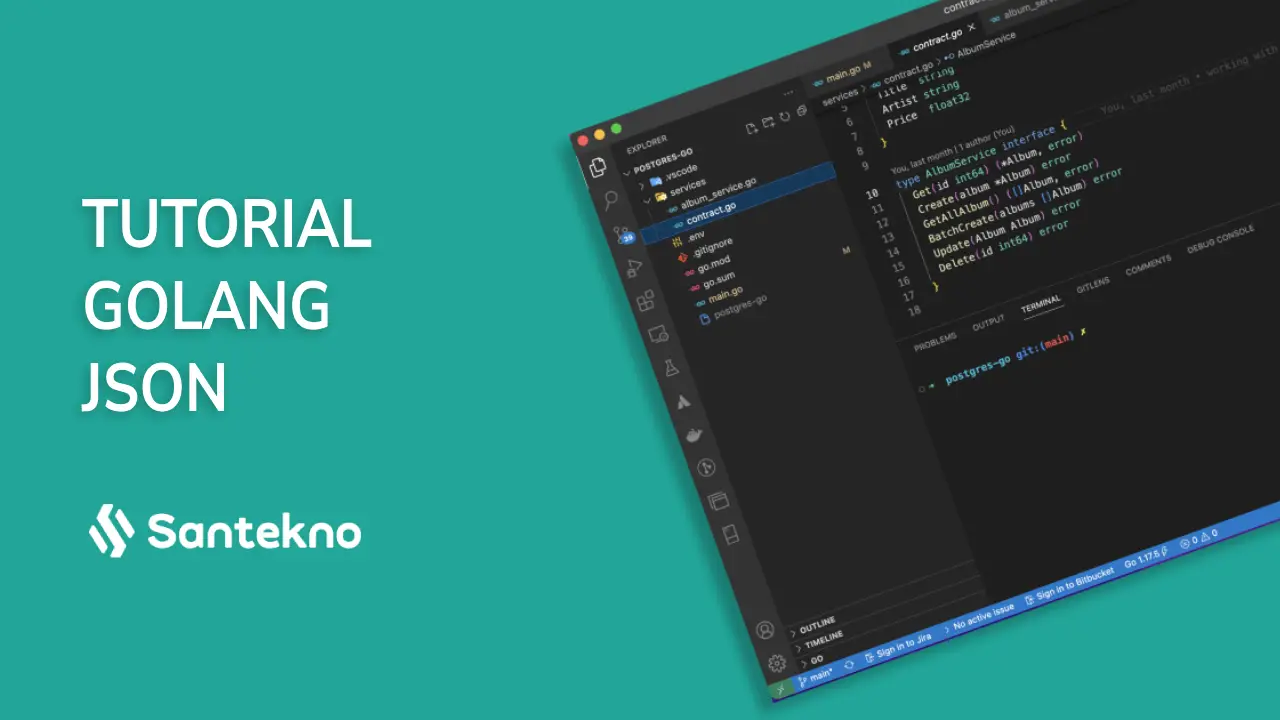#Golang-Json
9 articles

09 How To Use Streaming Encoder
Introduction to Stream Encoders Apart from JSON Decoder, this JSON package can also support Encoder which is used directly JSON into io.

08 How To Use Streaming Decoder
Introduction to Stream Decoder In the previous article, we studied the JSON package by using conversion of JSON data which was already in the form of variables and string data or we used []byte.

07 How To Use Maps
Map Use When we use JSON we sometimes encounter cases of dynamic JSON data, which means that the attributes formed by JSON are uncertain, can increase or decrease and are not even fixed.

06 How to know JSON Tags
Introduction to JSON Tags By default, if we create a struct and marshal it, it will be mapped according to the same attribute name and is case sensitive.

05 How to know JSON Array
Introduction to JSON Arrays Apart from JSON in Object form, usually in JSON we can also use the Array data type.

04 How to know Decode JSON
Introduction to JSON Decoding In the previous article we learned to encode JSON and how to create a JSON object, so next we will learn how to translate JSON objects into struct objects in Golang.

03 How to know JSON Object
Introduction to JSON Objects In the previous article we studied encoding data such as string, number, boolean and other primitive types.

02 Encode JSON
Introduction to JSON Encoding The Golang language already provides functions for JSON data conversion needs, namely we can use this function

01 Introduction Package
Introduction to JSON JSON stands for JavaScript Object Notation which is a data format structure that looks like Object from JavaScript.